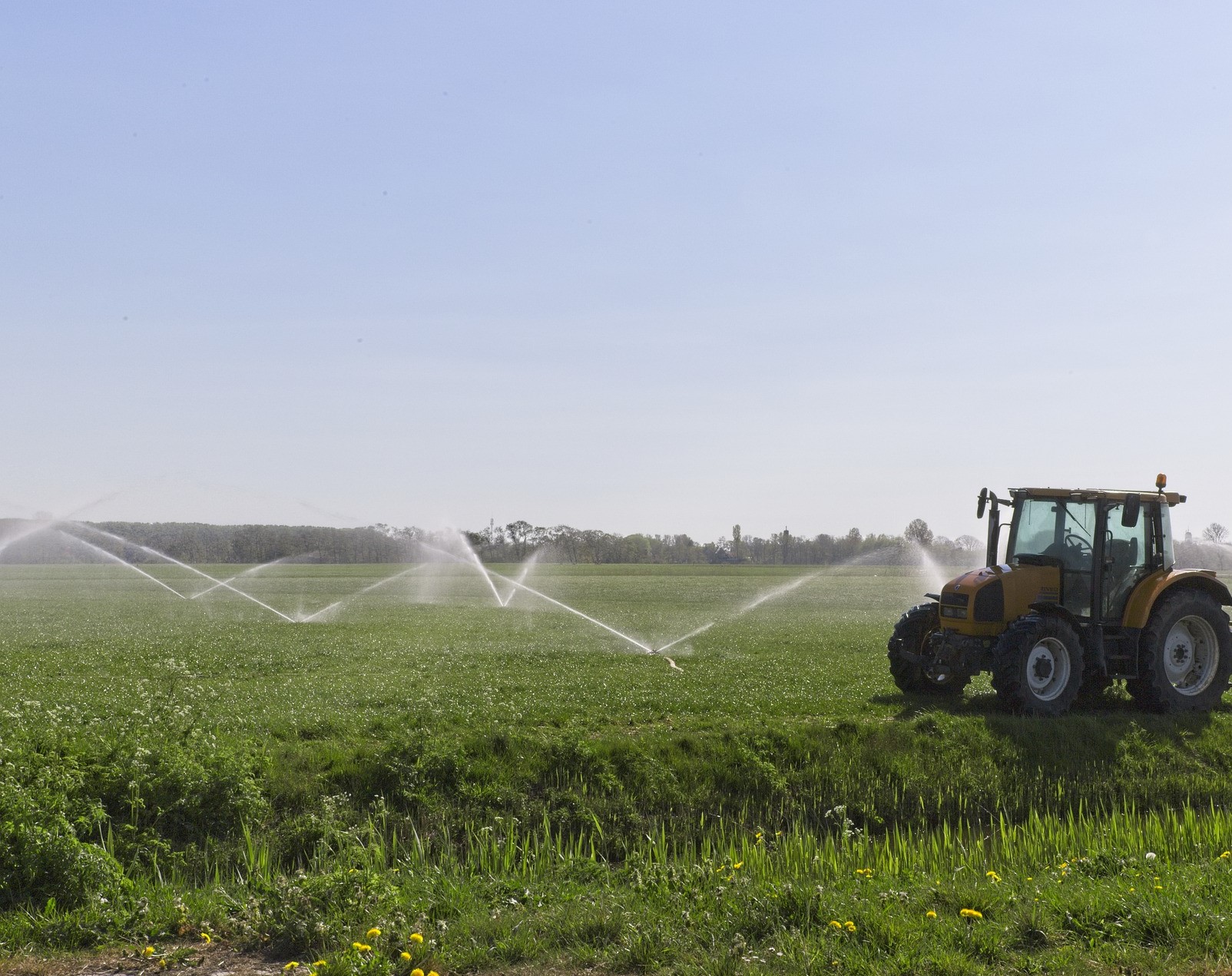By Vicki Halliwell
When it comes to water, the thoughts of most farmers immediately jump to whether there’s too much or too little of the stuff. However, it’s some surprisingly little-known regulations around protecting water quality which should be getting more of the industry’s attention.
Introduced in 2018, Defra’s Farming Rules for Water have been developed to support the department’s 25 Year Environment Plan.
Applying to all farmers across England, they set a consistent baseline of good practice for farmers in an effort to prevent diffuse water pollution while fulfilling Water Framework Directive obligations.
In practical terms, the rules Defra devised (see below) require that soil is kept on the land, that nutrients match crop and soil requirements, and that livestock, fertilisers and manures don’t enter watercourses.
They apply to all farming and horticultural practices, and cover everything from using and storing organic manure and manufacturers fertilisers, to planting and harvesting, soil management and managing livestock.
While the rules might have come into force more than two years ago, it seems farmer awareness of them is varied — and in some cases, worryingly limited.
Judging by industry feedback, many farmers may be complying without realising, whilst others are unknowingly in breach of the regulations.
Farming Rules for Water
Defra’s rules for good farming practice cover:
- Planning applications of manures and fertilisers*
- Soil sampling at least every five years
- Storing and applying organic manures
- Application of manures and fertilisers
- Livestock poaching, including specified parameters from water for livestock feeders, and livestock access to watercourses
*Since the rules were first published, the Environment Agency has published clarification around the rule on planning and applying fertilisers – see here for the updated details.
If farmers are not sure if they’re complying with the rules, then it’s worth seeking professional advice as soon as you can; the Environment Agency is responsible for enforcing these rules, and on-farm inspections will include checks that farmers are compliant.
When assessing compliance, Environment Agency officers will consider all rules including organic manure and manufactured fertiliser applications — and their planning — on a field-by-field basis.
Any applications that go beyond the nutrient needs of the field are likely to be in breach of the rules, so it is important to know that applications aren’t posing a risk of pollution.
If farmers are found in breach, the Environment Agency will identify changes needed to be made and agree a timescale in which to make improvements. If those changes haven’t been made by the time of the follow-up visits, farmers may face prosecution, so taking the time now to check compliance is well worth it.
If you’d like more advice on complying with DEFRA’s Farming Rules of Water, contact the Promar Sustainability team for tailored guidance and information.








